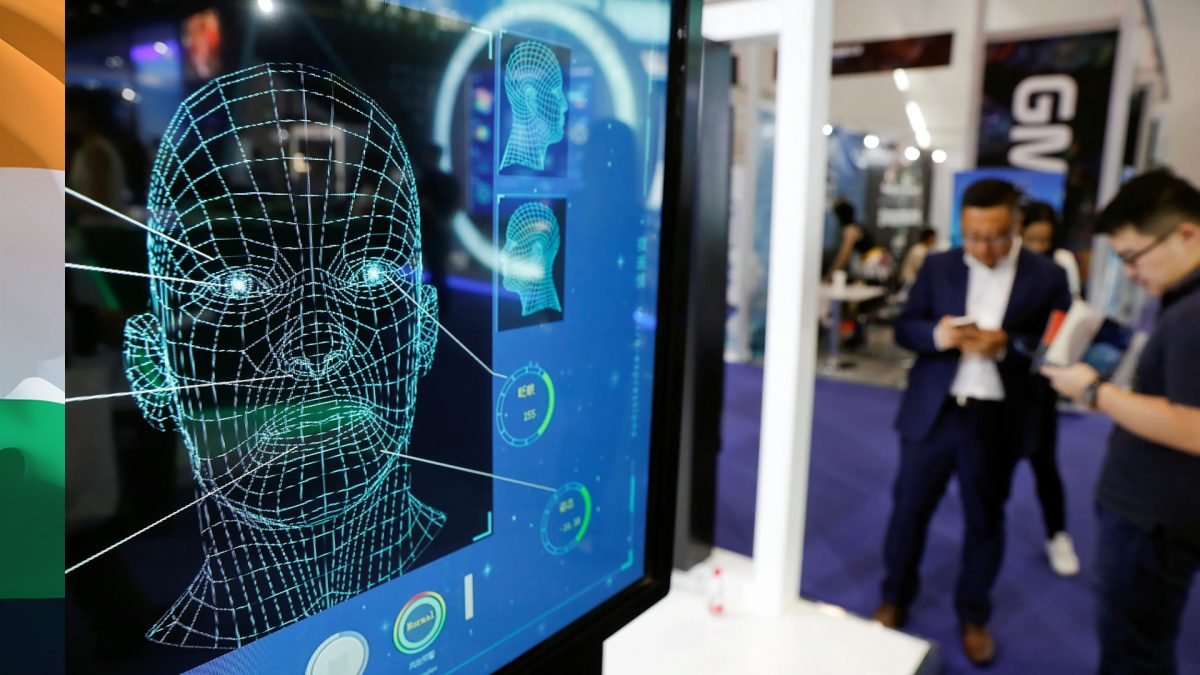Williams, who is African-American, was identified by the software mistakenly, leading to his wrongful arrest for a shoplifting incident. The settlement not only compensates Williams but also imposes new restrictions on the use of the technology by the Detroit police read more
)
Under the new guidelines, Detroit police officers will no longer be permitted to arrest individuals based solely on facial recognition results. Furthermore, they will not be able to make arrests based on photo lineups generated from facial recognition searches.. Image Credit: Reuters
The city of Detroit has reached a significant settlement with Robert Williams, a man who was wrongly accused of shoplifting due to flawed facial recognition technology. The settlement includes a $300,000 payment to Williams and mandates substantial changes to how Detroit police use facial recognition in their investigations.
This case highlights the ongoing debate about the reliability and fairness of facial recognition technology, especially its potential biases against people of colour.
Williams, who is African-American, was mistakenly identified by the software, leading to his wrongful arrest for a shoplifting incident at a Shinola watch store in 2018. His driver’s license photo was incorrectly flagged as a likely match to a man seen on the store’s security video.
The agreement, announced by the American Civil Liberties Union (ACLU) and the Civil Rights Litigation Initiative at the University of Michigan Law School, is seen as a victory for civil rights advocates who argue that facial recognition technology is inherently flawed and racially biased.
The settlement not only compensates Williams but also imposes new restrictions on the use of the technology by the Detroit police.
Under the new guidelines, Detroit police officers will no longer be permitted to arrest individuals based solely on facial recognition results. Furthermore, they will not be able to make arrests based on photo lineups generated from facial recognition searches.
Instead, any leads provided by the technology must be corroborated with traditional investigative techniques. Phil Mayor, an attorney with the ACLU, explained that this means police must gather additional evidence to substantiate any suspicions raised by facial recognition matches.
The settlement also includes a retrospective review of cases from 2017 to 2023 where facial recognition technology was used. Detroit police are required to examine these cases to determine if any arrests were made without independent evidence. If such instances are found, a prosecutor will be notified to address the potential wrongful convictions.
This agreement follows policy changes announced by Detroit Police Chief James White last August, prompted by another wrongful arrest case involving a woman who was eight months pregnant.
She had been wrongly charged with carjacking due to facial recognition errors. In response, Chief White implemented policies requiring that facial recognition technology be supplemented with additional evidence, ensuring that suspects have the “means, ability, and opportunity to commit the crime” before making an arrest.
Robert Williams expressed hope that these changes will lead to better safeguards and ultimately reduce the use of facial recognition technology. Williams expressed excitement about the introduction of more safeguards for the technology, hoping these measures will contribute to a better world. Having said that he indicated that he would rather the technology not be used at all.
The settlement and policy changes in Detroit could have broader implications for the use of facial recognition technology in law enforcement across the United States. Critics argue that the technology’s inaccuracies and biases can lead to wrongful arrests and undermine public trust in the police.
By implementing stricter guidelines and reviewing past cases, Detroit is taking steps to address these concerns and improve the fairness and accuracy of its policing methods.

 2 months ago
11
2 months ago
11
)
)
)
)
)
)
)
)
)
)
)
)
)
)
)
)
)
)
)
)
)
)
)
)
 English (US) ·
English (US) ·